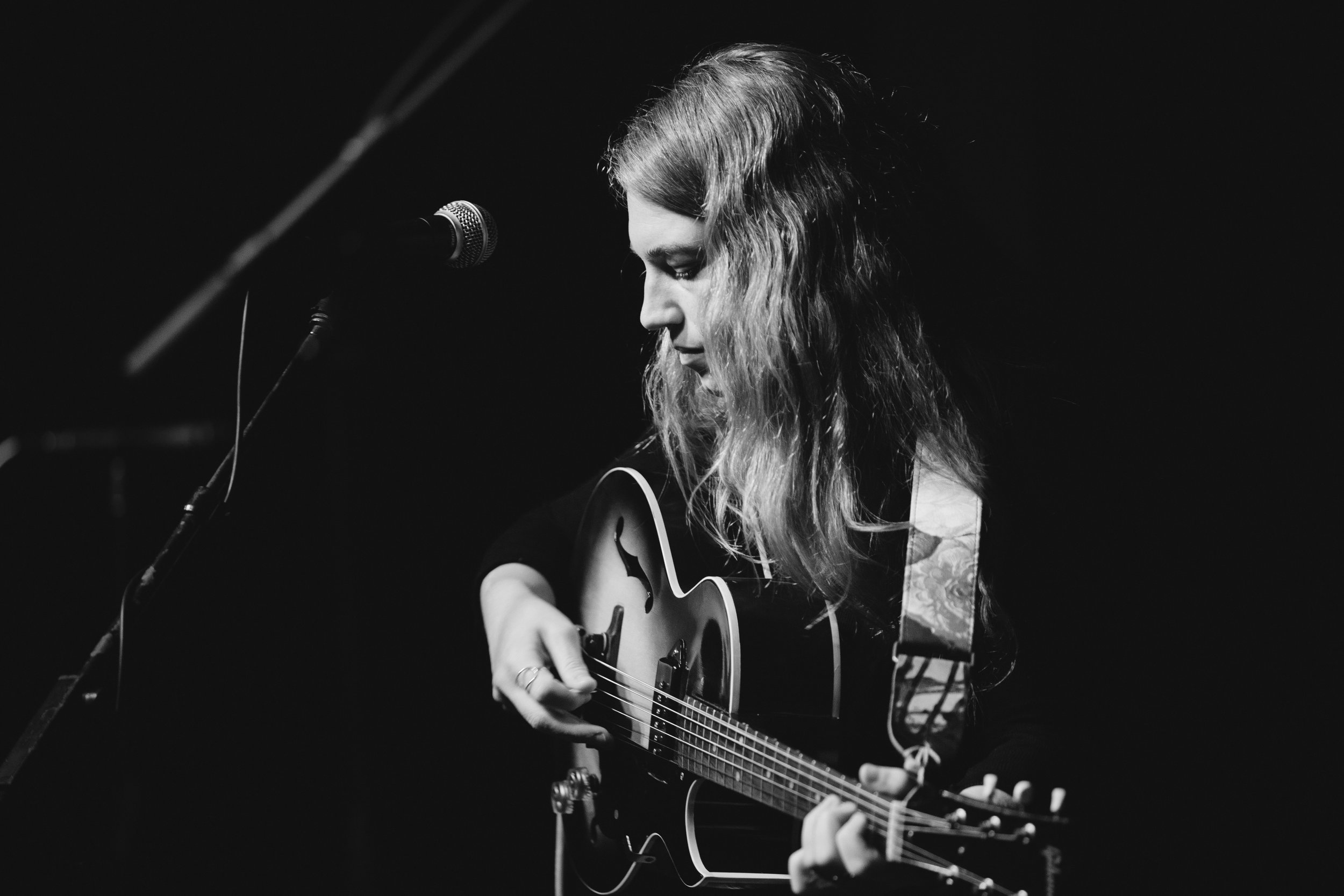Healing Appalachia: How a West Virginia music festival uses the power of community to fight stigma
Last month, Hope in the Hills hosted the 5th annual Healing Appalachia concert, a four day music festival in Lewisburg, West Virginia. Meredith Lane, Community Health Team intern at the New River Valley Regional Commission, spoke with Dave Lavender while at the festival, which is always held in September for recovery awareness month. Lavender serves as the board president of Hope in the Hills, a nonprofit dedicated to supporting recovery communities and helping to unite Appalachia in the face of an ongoing addiction crisis. Lavender explained the reason behind the need for the creation of the organization in Huntington, West Virginia in 2016. “We had 26 overdoses in 24 hours, so we got on the global map and became the spearhead for the opioid crisis and what was to come all over the country.”
Lavender told the story of how Tyler Childers, a Kentucky folk singer, started to gain national popularity around the same time Hope in the Hills was founded. Childers, along with other local musicians, wanted to raise awareness for what the Appalachian region was enduring. “The idea was to use music to unite folks and have a fundraising concert to give funds to boots on the ground people who were doing the work in SUD (substance use disorder)”. The first festival in 2018 had 8,500 attendees, and the annual event has grown tremendously since, with 18,000 people in attendance in 2023.
At the 2024 Healing Appalachia, Roanoke local and author of Dopesick, Beth Macy, spoke and passed out free copies of her new book, Raising Lazurus. Lavender emphasized the importance of lifting up workers in the SUD field by quoting the author. “As Beth Macy said, ‘if you want to find hope, find the helpers’”. Healing Appalachia aims to bring our region’s aforementioned “helpers” together by providing them with space to table throughout the festival. “We have 80 service providers from all 13 Appalachian states, all the way from New York to Alabama”, Lavender explained. These service providers include harm reductionists, housing support teams, reentry programs, and other groups dedicated to supporting people navigating SUD. He also spoke on the power of tackling stigma through art.
“We use music as a unifier to say there’s no ‘us and them’, it’s just us. We love our brothers and sisters, and we have full empathy. We believe in harm reduction, taking care of foster kids, and reentry into society in a respectful way.”
The festival’s volunteers are entirely made up of peers, people with personal lived experience with SUD. “This is a safe space to come and celebrate recovery. There are more than 20 million people in America who are in recovery, and that’s beautiful. We gotta celebrate that.” The board president described Healing Appalachia as a “for us, by us” event, as the festival highlights the voices of those who have been impacted most directly by the opioid crisis. All artists at Healing Appalachia perform for free, many of whom approach the cause having been personally affected. In addition to headliners such as Tyler Childers and My Morning Jacket, up and coming musicians such as Jordan Lee King, The Local Honeys, and Nolan Taylor gave their time to support the work of organizations such as Hope in the Hills by performing at the festival.
Outside of Lewisburg, other Appalachian communities celebrated Recovery Awareness month in various ways, included here in southwest Virginia. New River Valley’s harm reduction organization, Rise Above, hosted a concert at Southpaw Café in downtown Blacksburg within the same week as Healing Appalachia. The show was in partnership with VT Students for Sensible Drug Policy and WUVT 90.7. The Rise Above program at the New River Health District, which provides mobile services, educational trainings, and harm reduction resources, is funded through the NRV Recovery Ecosystem. The event, entitled Harmony for Harm Reduction, raised hundreds of dollars for service providers in the area while featuring the original work of local singer-songwriters in recovery. Much like Healing Appalachia, the concert raised awareness for SUD by bringing community members together through the power of artwork.
To listen to Healing Appalachia performances and hear about why the annual event is important to artists involved, you can listen to the audio segment below.




